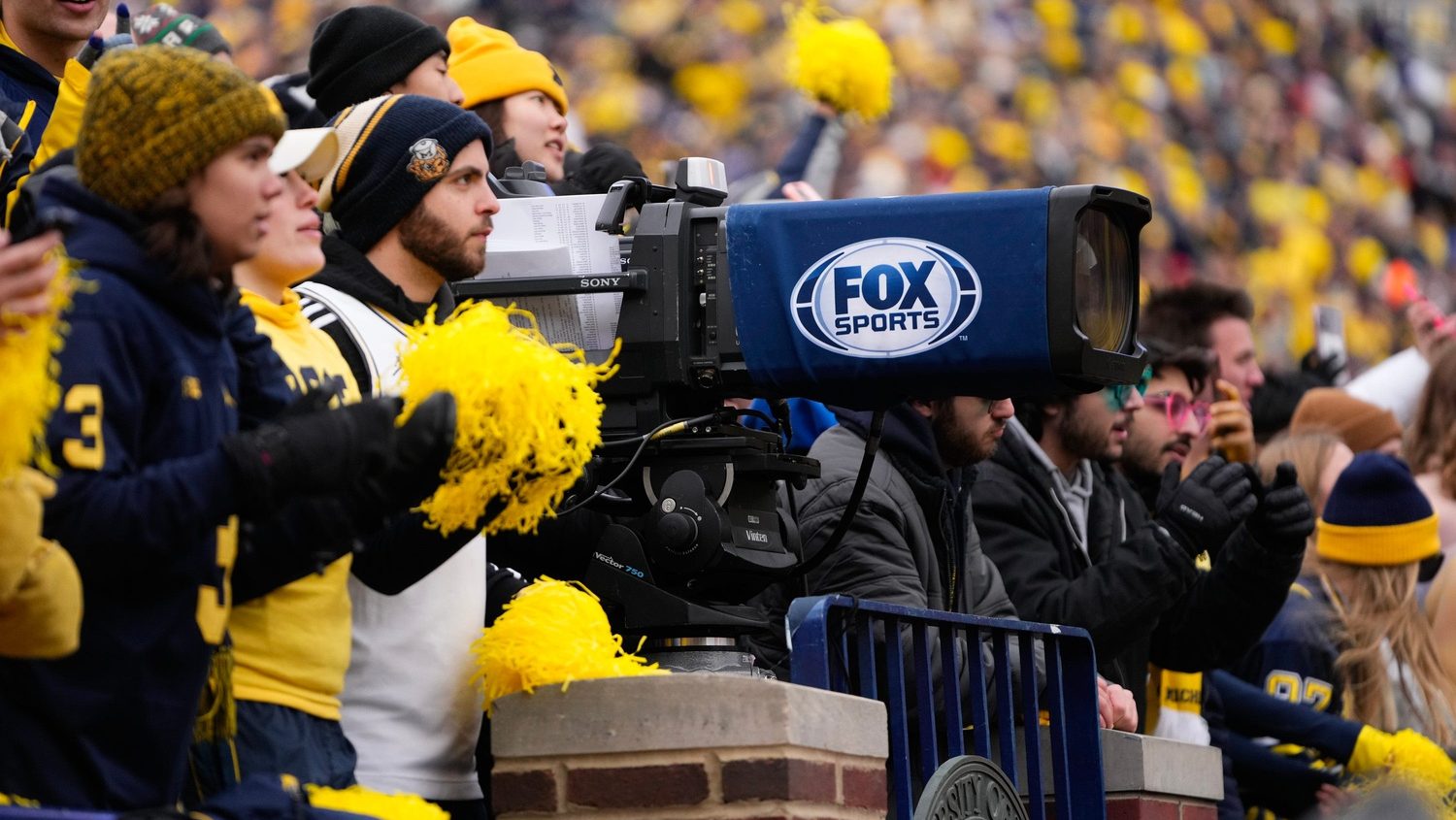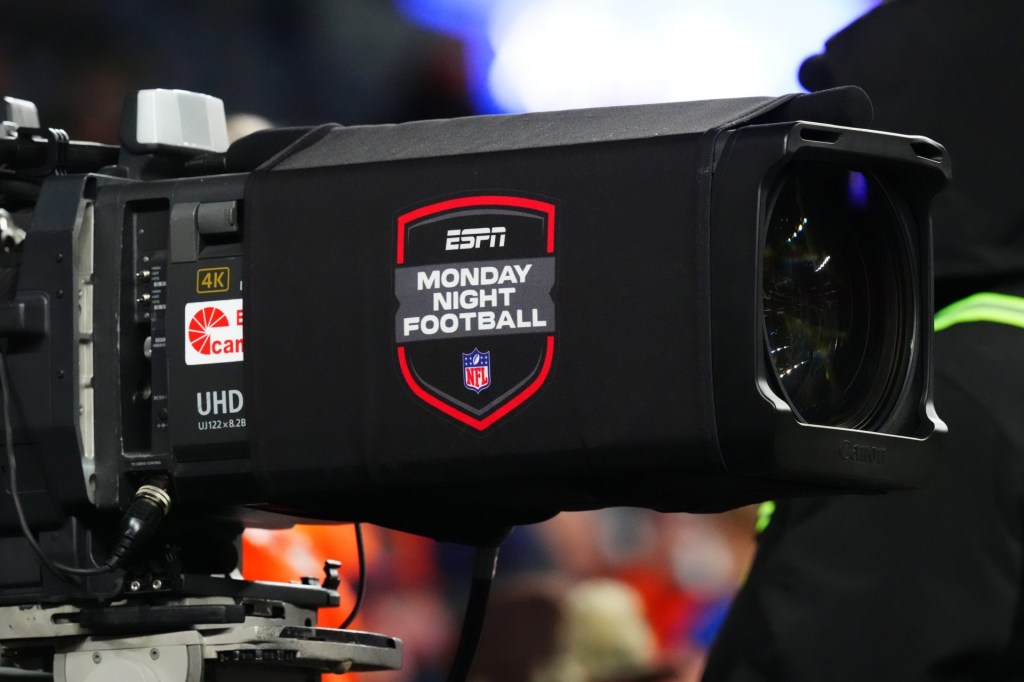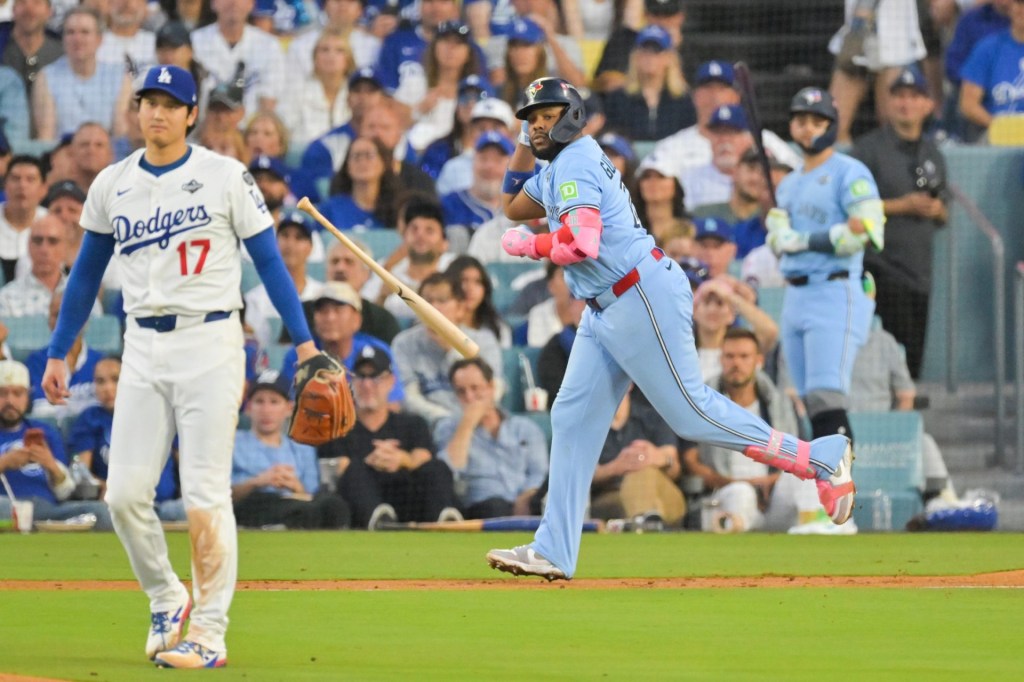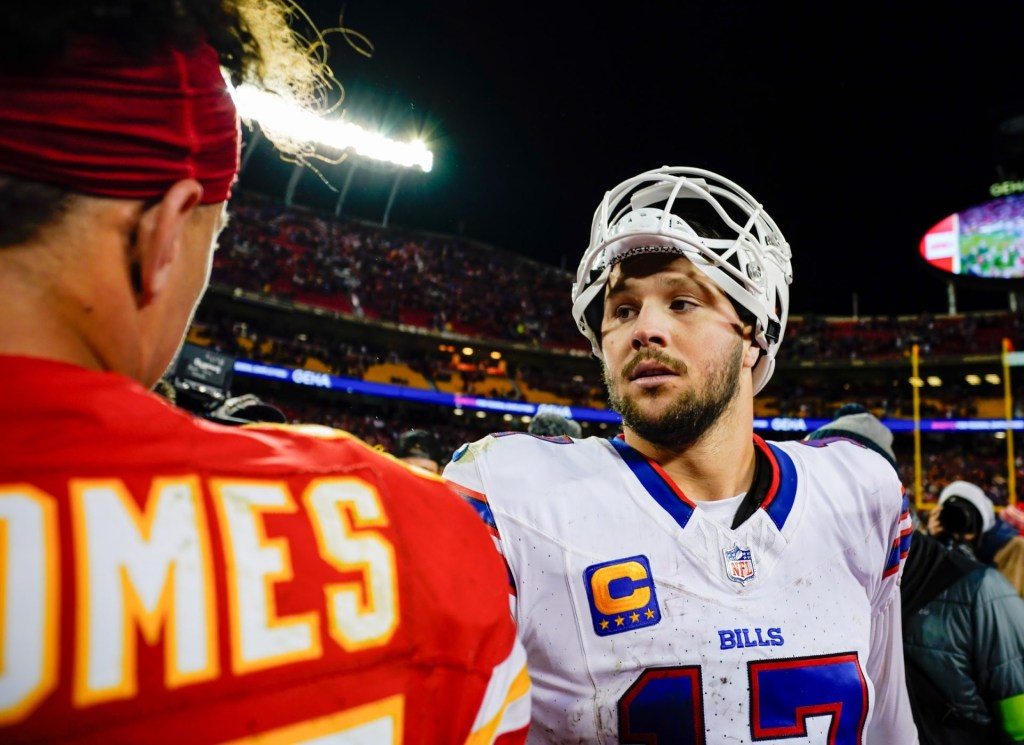The return of football season is again joined with another annual tradition: a high-profile media carriage dispute based around the start of those games.
For the third year in a row, the arrival of college and pro football is marked by a distribution battle that could take away broadcasts of those games for millions of subscribers. In 2023, it was ESPN parent Disney and Charter Communications, the parent of Spectrum and the No. 1 pay-TV distributor in the U.S. Last year, Disney was again in the crosshairs, this time with DirecTV, the No. 3 carrier.
Now, Fox is at odds with Google-owned YouTube TV, the No. 4 distributor and the largest of the streaming-based carriers with an estimated 9.4 million subscribers as of April, according to MoffettNathanson. Saturday’s college football mega-clash between No. 1–ranked Texas and No. 3 and defending national champion Ohio State is most immediately at risk if a deal is not reached by a deadline of Wednesday at 5 p.m. ET.
Media carriage deadlines are often set around this time of year, with an eye toward using the huge audiences for college and pro football to help exert pressure on parameters for the next contract term.
Deal Points
The latest Fox–YouTube TV dispute runs along many of the same, tried-and-true areas of tension in the media business, and more specifically, the carriage fees for Fox programming. Fox is seeking “payments that are far higher than what partners with comparable content offerings receive,” according to YouTube TV. The network counters that “Google continually exploits its outsized influence by proposing terms that are out of step with the marketplace.”
There is a fundamentally different situation surrounding the latest battle, however. In the prior two cases, the final deals involved the linear carriers picking up a series of enhanced digital rights and a greater ability to create skinny bundles for consumers. Those changes better prepared the carriers for the ongoing migration toward streaming and kept ESPN on the air with two vital partners.
YouTube TV, conversely, is already a streaming-based property. Fox, meanwhile, just debuted its Fox One streaming service, allowing direct-to-consumer access to its content for $19.99 per month, as well as on an authenticated basis for cable and satellite TV subscribers. In early October, that new service will also be paired with ESPN’s own DTC product in a bundle specifically targeting sports fans.
Outside of football season, YouTube TV has had other distribution pressures, particularly as it fights to keep in check a monthly price now starting at $82.99 per month and continues to position itself as an alternative to legacy, linear-based carriers. In February, it reached a deal with CBS Sports parent Paramount that narrowly averted a blackout of top spring events such as March Madness and The Masters.
The NFL, meanwhile, said Tuesday that the dispute, if it continues, would impact distribution of its local, in-market games on Fox through YouTube TV. Coverage of out-of-market games on NFL Sunday Ticket is a separate product offered by YouTube and would not be affected.







![[Subscription Customers Only] Jun 15, 2025; Seattle, Washington, USA; Botafogo owner John Textor inside the stadium before the match during a group stage match of the 2025 FIFA Club World Cup at Lumen Field.](https://frontofficesports.com/wp-content/uploads/2026/02/USATSI_26465842_168416386_lowres-scaled.jpg?quality=100&w=1024)
![[Subscription Customers Only] Jul 13, 2025; East Rutherford, New Jersey, USA; Chelsea FC midfielder Cole Palmer (10) celebrates winning the final of the 2025 FIFA Club World Cup at MetLife Stadium](https://frontofficesports.com/wp-content/uploads/2026/02/USATSI_26636703-scaled-e1770932227605.jpg?quality=100&w=1024)








